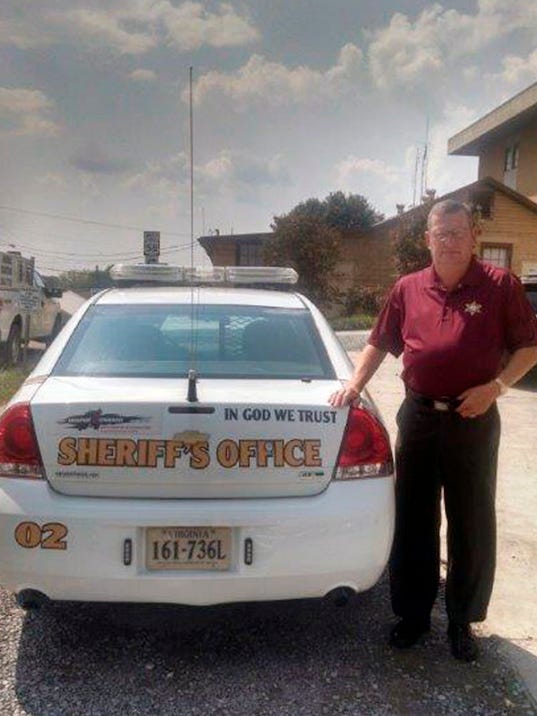 Ever since LSD-loving psychologist Timothy Leary popularized his “Question Authority” slogan in the 60’s, apprehension about authority has marred the American psyche. In his Gospel, Mark writes about authority to which we must submit, not question.
Ever since LSD-loving psychologist Timothy Leary popularized his “Question Authority” slogan in the 60’s, apprehension about authority has marred the American psyche. In his Gospel, Mark writes about authority to which we must submit, not question.
Jesus’ Authority Questioned. It’s Tuesday after the Monday Jesus angrily shut down temple business. Official representatives of the Sanhedrin (the Jewish Supreme Court) approach in the temple court and question his authority to do such a thing.
They (Jesus and the Twelve) arrived again in Jerusalem and while Jesus was walking in the temple courts, the chief priests, the teachers of the law and the elders came to him. “By what authority are you doing these things?” they asked. “And who gave you authority to do this?” (Mark 11:27,28).
They’re not on an information-mission; it’s an interrogation. Next to the Roman Empire, they are the authority (both religious and civil) in Jerusalem. Jesus could answer, “I am Messiah. I have all authority.” For that, they would have seized him. But his time hadn’t quite come. So instead . . .
Jesus replied, “I will ask you one question. Answer me, and I will tell you by what authority I am doing these things. John’s baptism– was it from heaven, or from men? Tell me!” They discussed it among themselves and said, “If we say, ‘From heaven,’ he will ask, ‘Then why didn’t you believe him?’ But if we say, ‘From men’ . . .” (They feared the people, for everyone held that John really was a prophet.) So they answered Jesus, “We don’t know.” Jesus said, “Neither will I tell you by what authority I am doing these things” (Mark 11:29-33).
You see their predicament. The temple court is crawling with Passover visitors, many of whom surely had stopped to see the confrontation. The priests, scribes and elders fear a riot. They can only plead ignorance. But Jesus (not so “meek and mild”) won’t let them off that easy . . .
Jesus’ Authority Exercised. And he then began to speak to them in parables: “A man planted a vineyard. He put a wall around it, dug a pit for the winepress and built a watchtower. Then he rented the vineyard to some farmers and went away on a journey. At harvest time he sent a servant to the tenants to collect from them some of the fruit of the vineyard. But they seized him, beat him and sent him away empty-handed. Then he sent another servant to them; they struck this man on the head and treated him shamefully. He sent still another, and that one they killed. He sent many others; some of them they beat, others they killed. “He had one left to send, a son, whom he loved. He sent him last of all, saying, ‘They will respect my son.’ “But the tenants said to one another, ‘This is the heir. Come, let’s kill him, and the inheritance will be ours.’ So they took him and killed him, and threw him out of the vineyard. “What then will the owner of the vineyard do? He will come and kill those tenants and give the vineyard to others. Haven’t you read this scripture: “‘The stone the builders rejected has become the capstone; the Lord has done this, and it is marvelous in our eyes’?” Then they looked for a way to arrest him because they knew he had spoken the parable against them. But they were afraid of the crowd; so they left him and went away (Mark12:1-12).
A parable is an everyday-life story. Hearers identify with its people. The story typically ends with a “punch” line—a “gotcha” point. In this parable the Jewish authorities would have identified God as the vineyard owner and Jesus as the son. The “gotcha” point: they are the rebellious tenant farmers who will forfeit the vineyard. Rightly they perceive Jesus told the parable against them. But, because of the crowd, they can only slink away in defeat (for the moment).
Mark begins his Gospel, ” . . . the kingdom of God is at hand” (1:15a). The Greek word is bahsalaya, meaning “reign” or “rule”. Jesus’ proclamation meant (in my paraphrase) “God is about to take over the world”. His takeover is atypical, characterized by love and forgiveness and grace and mercy. But also by authority. “The authoritative reign of God is at hand.” Sinners must bow to receive God’s grace through Messiah or unequivocally receive God’s condemnation for eternity.
Jesus’ Authority Doubted. Talk like that draws dissing. We’ve outgrown religious fairy tales. Besides, matched against corporations’ control, nuclear bombs, military weapons, even Youtube videos, God’s power to control anything seems absent. Where is his sovereign authority? Don’t you know the Sanhedrin had authority to seize Jesus and have him nailed to a cross? Don’t you know that the world turns a deaf ear to the church’s “authoritative” pronouncements? Don’t you know that choosing to believe in Jesus is little more than a “nice” religious decision for some comfort and inspiration, not unlike picking chocolate or vanilla?
Maybe Jesus’ parable was just an empty-threat story. Maybe he was just “lucky” to escape the Sanhedrin’s wrath. Maybe his claim to be the “capstone” of God’s building work in the world was braggadocio. Maybe Friday after this Tuesday will end with Jesus crucified by Jewish rebellion and Roman authority. Or maybe, just maybe this coming Sunday Jesus’ tomb will be empty—and it will be blatantly clear that rejecting Jesus’ authority could be deadly.
Jesus’ Authority Accepted. Let’s not question Jesus’ authority in the name of our own. Let’s bow in submission to his. The King is graciously willing to make peace. Let’s accept his offered amnesty. Now.









Recent Comments